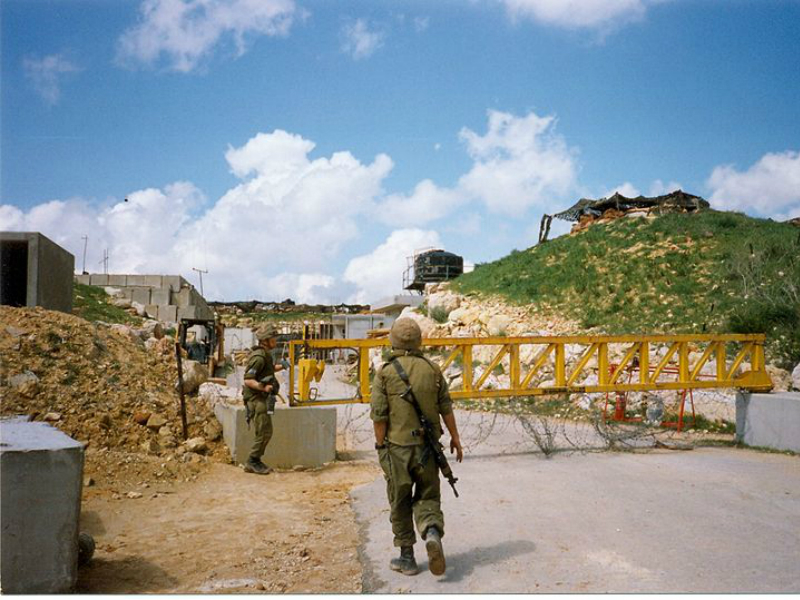After a brief hiatus, popular revolts against Arab dictatorships and terror regimes are making a comeback, at least in Iraq and Lebanon. Perhaps it’s too early to call this a second Arab Spring, but these events bring some hope. And from the streets of Beirut and Baghdad, the revolts might spread to other Arab countries.
This is an unexpected development, considering the failures of the first round, when it seemed like the Middle East was on the verge of a major popular, and perhaps democratic, revolution. Back in the early 2010s, mass protests broke out throughout North Africa and spread through Egypt, Syria and beyond.
Dictators were toppled – Hosni Mubarak in Egypt and Muammar Ghaddafi in Libya (in that case, with the help of Western military forces) – and Bashar Assad’s cruel regime in Syria was pronounced dead and buried. But all of this activity left little change: Assad is still running Syria (albeit with help from Russia, Iran and Turkey) and Egypt’s military dictatorship is even worse than before.
READ: STEINBERG: NAVIGATING TRUMP’S CHAOS IN SYRIA
The latest round of uprisings began in Lebanon, where massive government dysfunction brought millions to the streets, demanding change. For the first time, students are not afraid to confront Hezbollah.
The terrorists have little interest in collecting the garbage, or providing regular access to water and electricity. As a result of a huge budget deficit, Lebanon ran out of foreign currency, further hobbling the economy. In an effort to raise funds, the government awkwardly tried to tax Internet calls placed over WhatsApp, creating further anger.
Protesters attacked Hezbollah offices and set up roadblocks. Prime Minister Saad Hariri, who had been reduced to a figurehead, resigned. In response to the demonstrations, Hezbollah sent its forces to confront and intimidate the protesters, so far with little impact.
The protests in Iraq have similar origins. Like Lebanon, the government is an Iranian proxy, and until recently, Iraq’s Shiite majority seemed to accept this. But Iraq’s leadership has failed to provide basic economic and social services and the anger, and resulting violence, is even greater than in Beirut.
Although over 300 protesters have been killed so far by forces controlled by the Iranian Revolutionary Guard Corps, the deaths added to the determination of the protesters. They targeted Iranian institutions and sacked a consulate. Efforts by the government to quell the demonstrations by cutting off the Internet have not succeeded. Shamelessly, but not surprisingly, the United Nations has issued statements calling for calm and backing the government, not the protesters.
It is still too early to know how far these protests will go and whether the violent responses will end the rebellions. Today’s demonstrators appear to lack the leadership that would be necessary to sustain the movements and provide alternatives to the existing power structures. However, the protesters’ determination to reclaim their countries is impressive.
Watching from Israel, I’m impressed at the strength of the popular resistance to Iran’s power. Instead of triumphantly completing the “Shiite power arc” from Iran through Iraq, Syria and Lebanon, with a southern branch in Yemen, and attacking Israel from all directions, Tehran must now worry about the vulnerability of its “colonies.” It is possible to imagine the protests spreading to Iran, with a Hong Kong-style popular uprising taking root there. Regime change from within might still happen, eventually.
At the same time, there is little that outsiders, and particularly Israel, can or should do. And although it is good to hold out hope, it is worth remembering that the first Arab Spring failed. The most likely scenario – simply based on history – is that this second round will eventually be repressed and end without major changes. But there is no downside to hoping that this time will be different and that democracy will gain a foothold in the Arab world.
